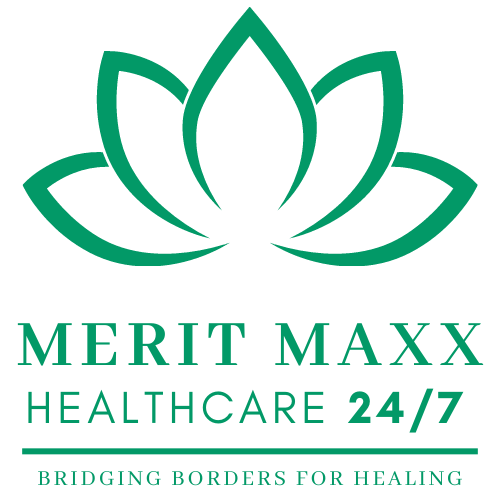As a nurse, staying up-to-date with the latest developments and best practices is crucial for providing high-quality patient care. Ongoing education is essential for nurses to ensure they are competent, confident, and effective in their roles.
Why is Continuing Education Important?
- Enhances Competence: Ongoing education helps nurses stay current with medical knowledge, technologies, and techniques, ensuring they can provide optimal care.
- Improves Patient Safety: Nurses who receive ongoing education are more likely to identify potential safety risks and implement evidence-based practices to mitigate them.
- Boosts Confidence: Educated nurses are more confident in their abilities, which leads to better patient outcomes and improved job satisfaction.
- Supports Career Advancement: Ongoing education demonstrates a commitment to professional growth, which can lead to career advancement opportunities.
Types of Continuing Education for Nurses
- Clinical Training: On-the-job training, workshops, and conferences provide practical skills development and hands-on experience.
- Online Courses: Online platforms offer flexible learning options, including MOOCs (Massive Open Online Courses), online tutorials, and virtual reality simulations.
- Workshops and Seminars: In-person workshops and seminars offer a comprehensive learning experience, often with expert speakers and interactive discussions.
- Mentorship Programs: One-on-one mentorship programs connect new nurses with experienced colleagues or industry experts.
Resources for Ongoing Education in Nursing
- American Nurses Association (ANA) Education Resources: Offers online courses, webinars, and workshops on various nursing topics.
- National League for Nursing (NLN) Resources: Provides online learning modules, webinars, and conferences on nursing practice, leadership, and advocacy.
- American Heart Association (AHA) Education Resources: Offers online courses, webinars, and certifications in cardiovascular health and safety.
- Accreditation Council for Healthcare Education (ACHE) Resources: Provides continuing education resources for nurses, including online courses and workshops.
Tips for Encouraging Ongoing Education
- Prioritize Self-Care: Make time for ongoing education as part of your self-care routine.
- Set Goals: Identify specific skills or knowledge gaps and set achievable goals for yourself.
- Seek Feedback: Ask colleagues, mentors, or industry experts for feedback on areas for improvement.
- Stay Curious: Maintain a growth mindset and be open to new ideas, theories, and approaches.
Conclusion
Ongoing education is essential for nurses to provide high-quality patient care, improve safety, boost confidence, and support career advancement. By highlighting the value of continuing education in nursing, we can encourage more nurses to prioritize their professional development and stay current with the latest advancements in nursing practice.
Some recommended resources for ongoing education in nursing include:
- American Nurses Association (ANA) Education Resources
- National League for Nursing (NLN) Resources
- American Heart Association (AHA) Education Resources
- Accreditation Council for Healthcare Education (ACHE) Resources



